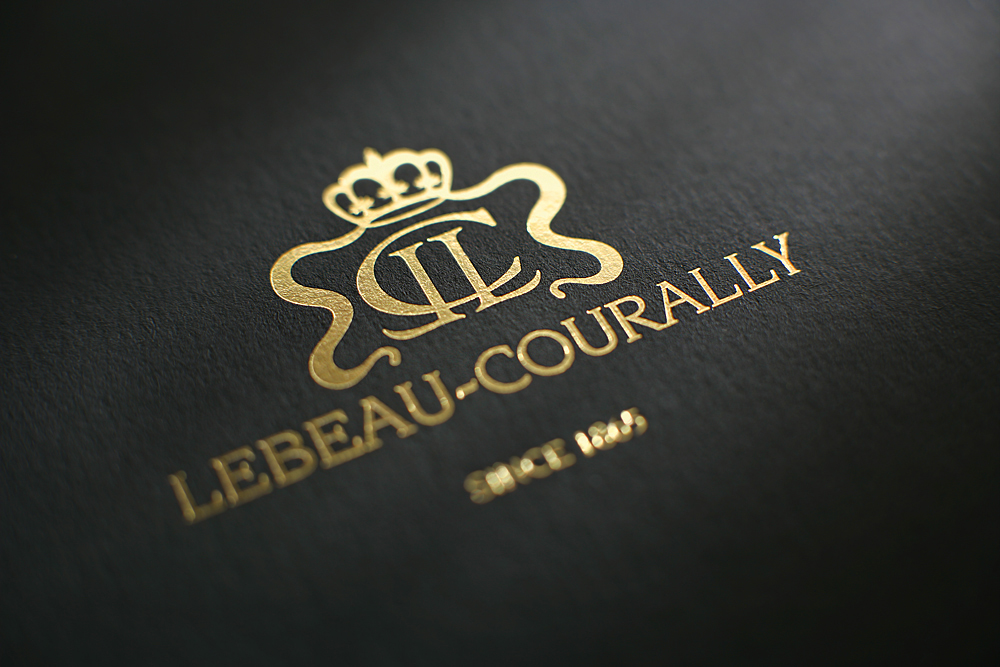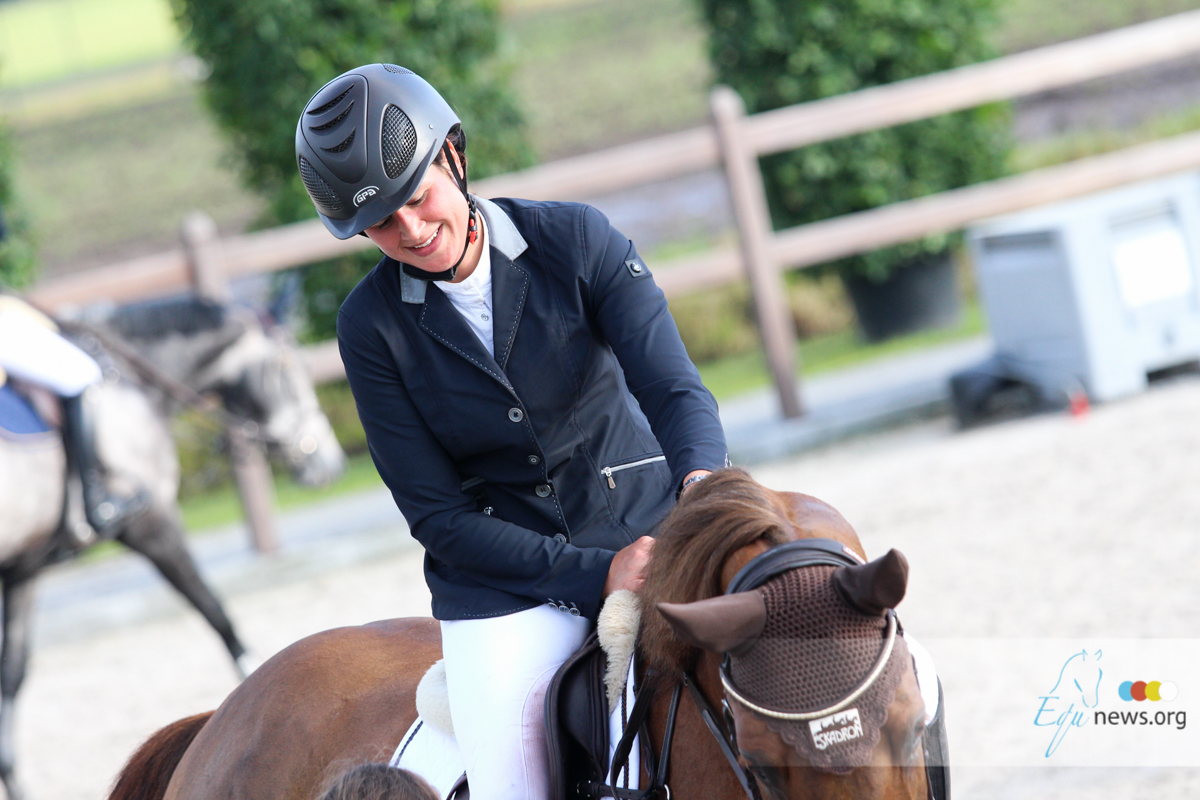Driving, riding or walking from field to field you notice different types of fencing. Some have a solid wooden fencing, some wires and some even barbed wire. The question comes to mind, what is a good type of fencing for your fields, to offer your horse a safe time in the grass. Horses need specialized fencing to contain them whilst protecting them from injury. Therefor it is wrong to think that the wires used for cows or sheep are also good for horses! Barbed wire is incredibly dangerous and sheep mesh is totally unsuitable as an unwary hoof will easily become caught and cause horrible damage to an unwary horse. Hedges are undoubtedly safer but tend to become gappy and dry stone walls,whilst appearing sturdy, do have a tendency to fall apart when leaned on.
The cheapest way to make fencing safer is a guard rail of electric tape. Tape is more visible than one simple wire and can deter horses from chewing wooden post and rail. The electric tape delivers a fairly stout electric pulse every couple of seconds which is enough to keep horses away whilst being quite safe. You do need to remember to charge up the battery unless you can organise a link for a mains fencer unit.
Electric fencing has an energiser which connects to a battery or mains connection. A high voltage is produced at a controlled current, pulsing every couple of seconds. The energiser is attached to a wire or visible tape with wire woven through it, which in turn conducts the electricity whilst safely insulated in the ground. Electric tape is also suitable for strip grazing within securely fenced paddocks. Once horses realise that touching the tape will result in a shock, they keep well away from it.
Some electric fencing kits come with a long metal spring attached to a plastic handle for stringing across gateways. I prefer not to use this as it can lead to horses charging through the gate when you go to fetch them in, thinking they will get a shock even though the spring is no longer there.
Fencing should be high enough to discourage horses from jumping over it and to prevent fights breaking out between neighbours. A double guard of electric tape along the top of the fence will probably prove a good solution to this problem. If small ponies and foals are turned out, the bottom rail of your fencing must be close enough to the ground to prevent them from rolling underneath.
Whatever type of fencing you opt for, it must be strong. Horses are notorious for leaning on and rubbing against fences and if proper strainer posts aren’t put in, the fence will just collapse. The strainer posts should be set in the ground to a depth of at least 3 feet 6 inches to remain fast. Always use good quality, properly treated timber; larch and pine are best.
If you think your horses are likely to chew wooden fencing, apply a coating of Cribbox or some similar product regularly if you can’t use electric tape.



